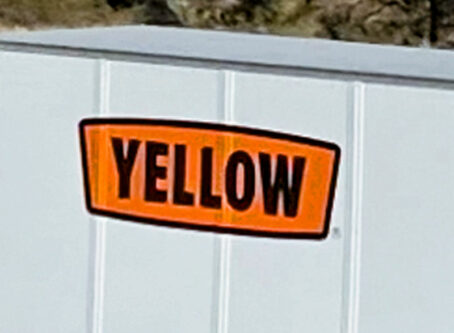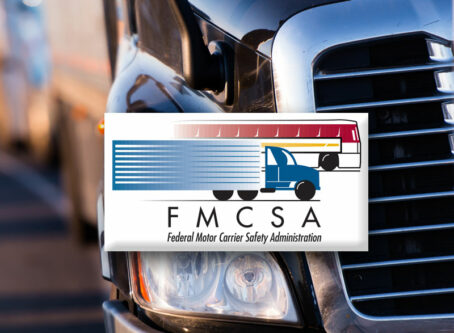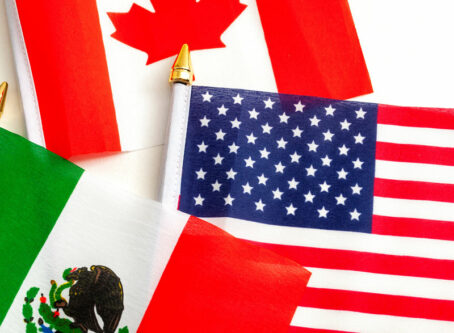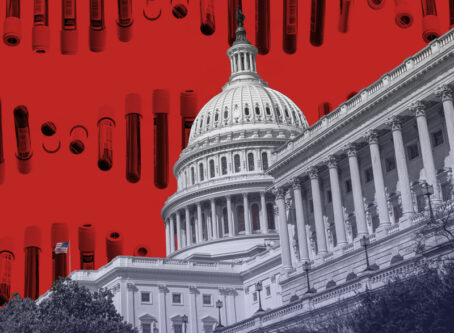Homeland Security extends vaccine requirements
The U.S. Department of Homeland Security has extended COVID-19 vaccination requirements for non-U.S. travelers.
The requirements will continue to apply to foreign residents seeking entry into the United States for essential or nonessential reasons, the department announced in a news release on April 21. No specific end date was included in the extension.
“The Biden-Harris administration is committed to protecting public health while facilitating lawful trade and travel, which is essential to our economic security,” Secretary of Homeland Security Alejandro N. Mayorkas said in the news release. “That is why, after consulting with Centers for Disease Control and Prevention and other federal agencies, DHS will continue to require non-U.S. individuals entering the United States via land ports of entry and ferry terminals to be fully vaccinated against COVID-19 and provide related proof of vaccination upon request.”
Requirements
Non-U.S. travelers entering the United States via land ports of entry and ferry terminals, whether for essential or nonessential reasons, must continue to follow these requirements:
- Verbally attest to their COVID-19 vaccination status.
- Provide, upon request, proof of a CDC-approved COVID-19 vaccination, as outlined on the CDC website.
- Present a valid Western Hemisphere Travel Initiative-compliant document, such as a valid passport, Trusted Traveler Program card or Enhanced Tribal Card.
- Be prepared to present any other relevant documents requested by a U.S. Customs and Border Protection officer during a border inspection.
COVID-19 testing is not required to enter the United States via a land port of entry or ferry terminal.
The notice from the Department of Homeland Security said it has not included any industry-specific exemptions because of the “public health risk” and because the vaccine requirement, which has been in place since Jan. 22, “has not materially disrupted cross-border economic activity.” LL









